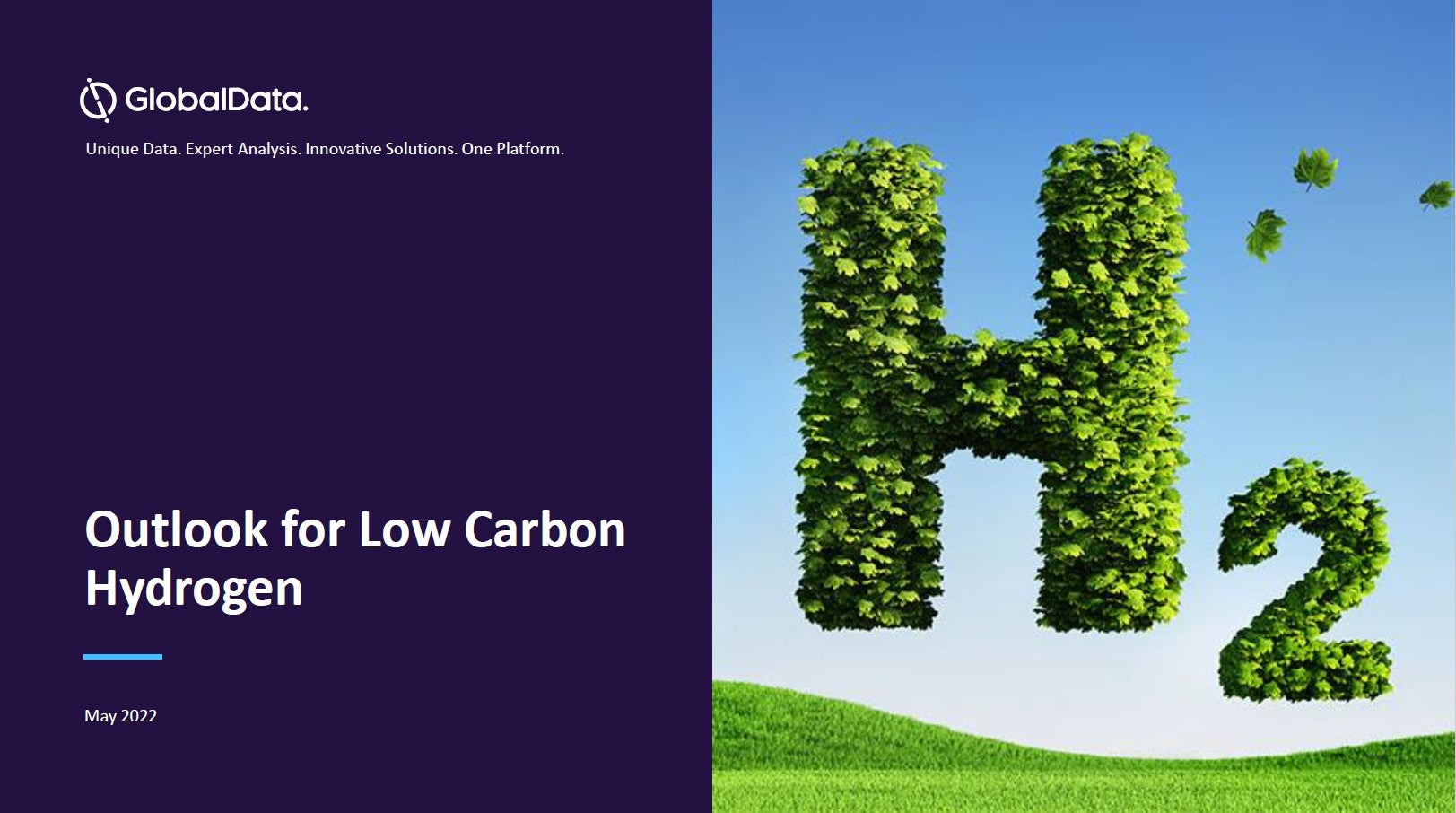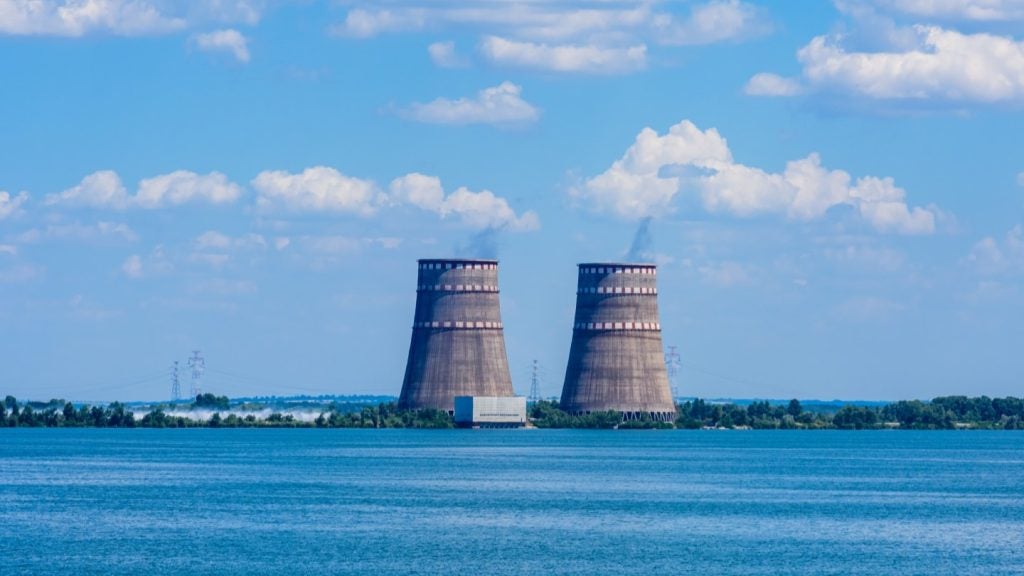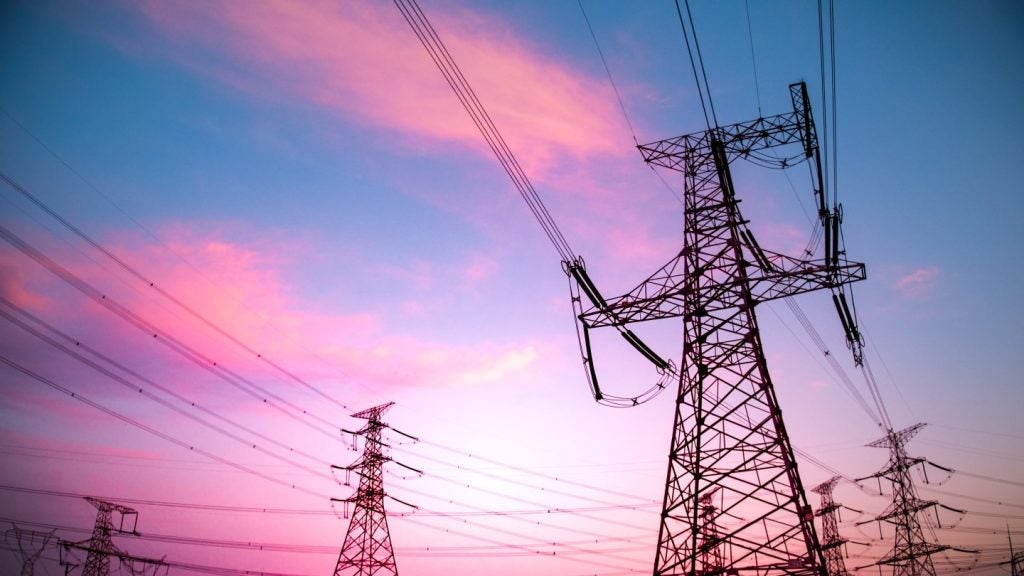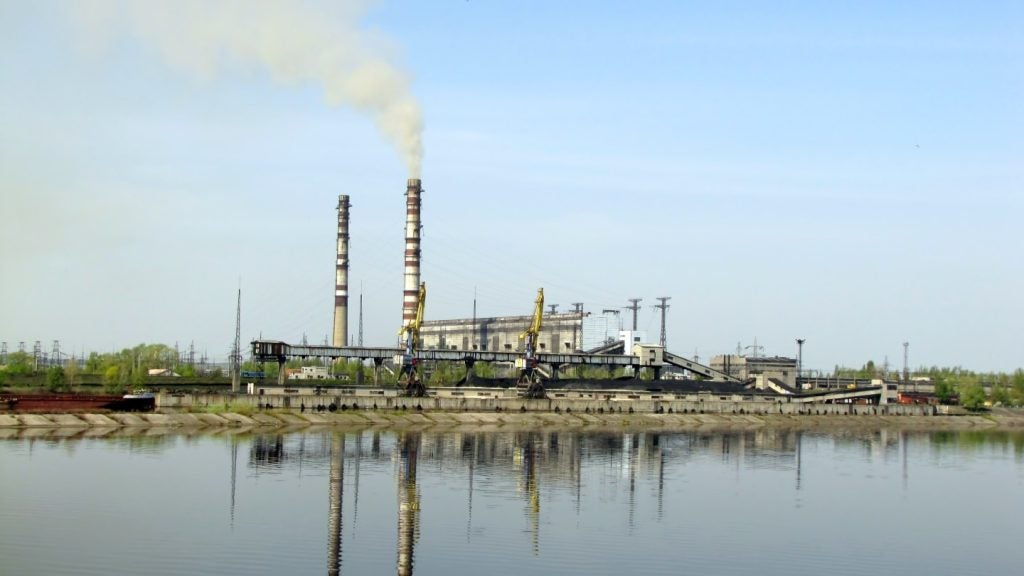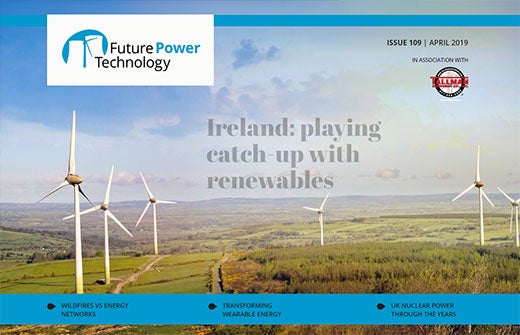
Future Power Technology is now available on all devices. Read the new issue here.
Ireland is set to miss its 2020 goal of a 20% reduction in CO2 emissions, potentially leading to penalties as high as €600m. While progress has been slow, there are an increasing number of incentives on the table, including a €4m grant for innovative energy research projects available to businesses, universities and public sector bodies. But is it too little too late?
We also profile solar power in Africa, consider how wildfires affect energy infrastructure, take a closer look at miniaturised solar cells that can be embedded into clothes, and show the rise and fall of UK nuclear power plants over the decades.
Plus, we explore Hungary’s ambitious coal phase-out plans and the opportunity this brings for renewable energy developers in the country, speak to ENCS managing director Anjos Nijk about the fundamentals of smart grid cyber security, and look at why algae biofuels have struggled and how they have advanced.
In this issue
Ireland: playing catch up with renewables
Ireland suffered greatly following the global financial crisis, resulting in public spending cuts, an economy in freefall and investment all but drying up. But, while Ireland is likely to miss current EU carbon targets by a mile, the country insists renewables have a significant role in future plans. Andrew Tunnicliffe finds out if the country can raise its game in the face of strong EU pressure.
Read more.
How well do you really know your competitors?
Access the most comprehensive Company Profiles on the market, powered by GlobalData. Save hours of research. Gain competitive edge.

Thank you!
Your download email will arrive shortly
Not ready to buy yet? Download a free sample
We are confident about the unique quality of our Company Profiles. However, we want you to make the most beneficial decision for your business, so we offer a free sample that you can download by submitting the below form
By GlobalDataDesert power: can Africa harness solar and build towards electrification?
Large-scale electrification has long been a challenge for Africa, but large and small projects are finally gaining momentum. Can the continent break free from its failure-prone past with the Desert to Power Initiative, or will it be small-scale projects that lead the way? Andrew Tunnicliffe finds out.
Read more.
Wildfire: turning up the heat on energy generation
A court case to determine whether Pacific Gas & Energy (PG&E) caused Californian wildfires has forced it to file for bankruptcy, the irony being that PG&E is one of the companies being trusted to transition the state to renewables. Molly Lempriere investigates how wildfires are affecting energy infrastructure in the regions where they are spreading.
Read more.
Functional fashion: mini solar cells could transform wearable energy
Nottingham Trent University has developed a way to embed miniaturised solar cells into yarn that can then be knitted and woven into textiles. Chris Lo asks, are solar-powered clothes ready to hit the mainstream?
Read more.
UK nuclear power through the years
From Sellafield to Hinkley point c, the appearance, disappearance and even non-appearance of nuclear power plants across the UK has provided plenty of headlines. The latest, Hitachi’s announcement to pull out of building a reactor in wales this January, has been described as a £13bn blow to the economy. Molly Lempriere tracks the rise and fall of UK nuclear over the decades
Read more.
Inside Hungary’s (unlikely) coal phase-out
Hungary has suggested it will phase out coal by 2030, partly due to price hikes under the European Union’s emissions trading scheme. As other eastern European countries grapple with the future of coal in their energy systems, Patrick Kingsland asks whether the plan will come to fruition.
Read more.
The fundamentals of smart grid cyber security
The European Network for Cyber Security (ENCS) has launched a training programme to give security architects the knowledge to design secure smart grid systems. Molly Lempriere speaks to ENCS managing director Anjos Nijk about the fundamentals of smart grid cyber security.
Read more.
Algal biofuel: the long road to commercial viability
The green technology sector has fallen out of love with algae as a feedstock for biofuel production, but there is hope yet for algae-derived fuel in the long-term. What are the recent advances that are refining the production processes that could see algal biofuel compete with petroleum in the decades to come? Chris Lo finds out.
Read more.
Preview – Future Power May
As the Trump administration explores the possibility of selling US technology to Saudi Arabia, we look at the kingdoms civil nuclear push and its potential routes for development. Plus, the ‘US Energy and Employment Report 2019’ details how job opportunities in the energy industry are growing and who is most in demand.
We also take a look at the UK’s plan to get 30% of its electricity from wind power by 2030, its efforts upgrade its transmission and distribution system using Edinburgh-based start-up Faraday Grid’s smart power management, and a project led by the University of Nottingham, which is hoping to spark a brand new biofuel industry in Ghana.
Finally, Germany has set aside around $1.1bn to support battery production, research from the IEEFA has shown that the rate of lenders exiting coal has accelerated of over one per month and SOS Intl and WSC have developed the first power industry simulator designed to train distribution system operators to perform normal and emergency tasks.

